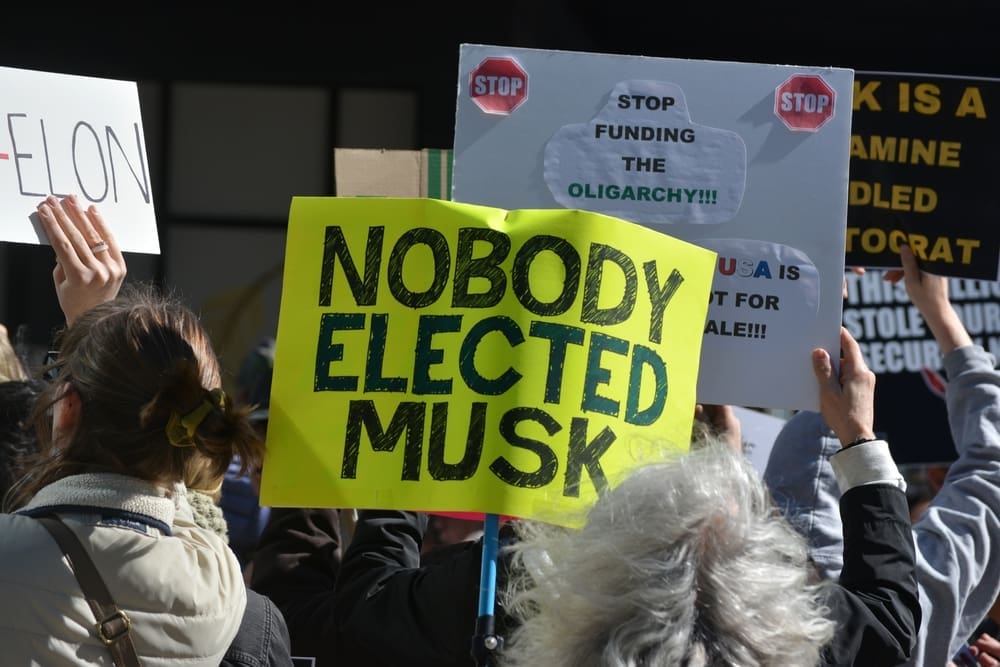A federal judge has imposed new restrictions on Elon Musk’s Department of Government Efficiency (DOGE), limiting its access to Social Security systems containing personal data on millions of Americans. The decision was announced in Baltimore, where U.S. District Judge Ellen Hollander issued a preliminary injunction. The case was initiated by labor unions and retirees who argue that DOGE’s actions breach privacy laws and pose significant information security risks. Previously, Hollander had issued a temporary restraining order against the department.
The injunction permits DOGE staff to access data only if it is anonymized and if they complete necessary training and background checks. Judge Hollander mandated that DOGE and its affiliates must delete any non-anonymized Social Security data received since January 20. Additionally, the department is prohibited from altering the software used by the Social Security Administration and is required to remove any code they may have installed.
Hollander acknowledged that while the objective to tackle fraud and inefficiency is commendable, the manner in which DOGE seeks to achieve this raises concerns. She emphasized the importance of privacy, a principle that has guided the Social Security Administration (SSA) for nearly 90 years.
The federal court hearing in Baltimore highlighted the controversy surrounding DOGE’s need for extensive access to sensitive personal data. The government’s attorneys faced questioning on why such access is necessary for detecting Social Security fraud. Union members and retirees protested outside the courthouse, viewing DOGE’s actions as a threat to Social Security benefits.
Justice Department attorney Bradley Humphreys argued that anonymizing data is burdensome and would hinder their efforts. He contended that the level of access DOGE seeks is not vastly different from standard practices within the agency. However, plaintiff attorneys labeled it as unprecedented, particularly concerning sensitive data like medical records.
The Social Security Administration has experienced upheaval since President Donald Trump began his second term. The agency’s acting commissioner, Michelle King, resigned earlier this year after refusing to grant DOGE the access it sought. Her successor, Leland Dudek, missed Tuesday’s hearing despite being requested to testify on DOGE’s activities.
Judge Hollander’s order clarifies that SSA workers unaffiliated with DOGE retain access to necessary data for their duties. However, DOGE staff must undergo training before accessing anonymized data. The decision comes amid political tensions, highlighted by recent events in Maine involving Dudek and state policy on Social Security registration.
Despite the political implications, Judge Hollander emphasized that her role is to understand the system rather than engage in policy debates. Her decision is the latest in a series of legal challenges involving DOGE, and the case may be appealed to the 4th U.S. Circuit Court of Appeals, which has previously sided with the Trump administration in related matters.














